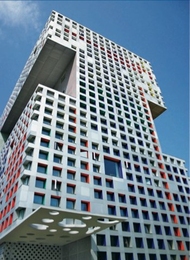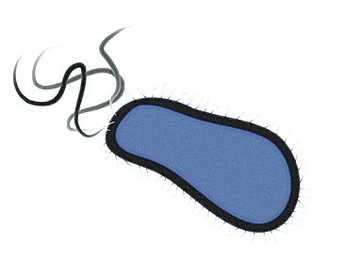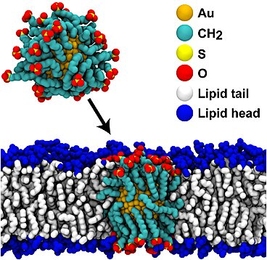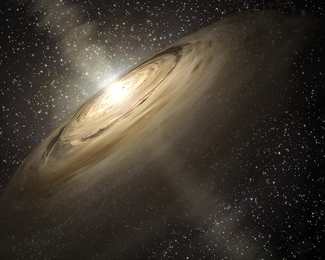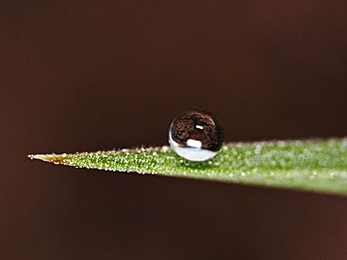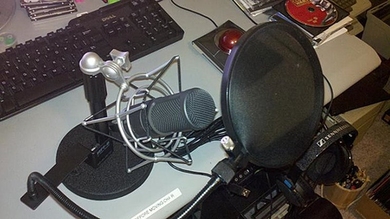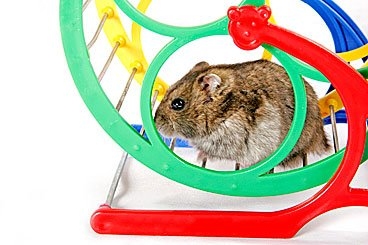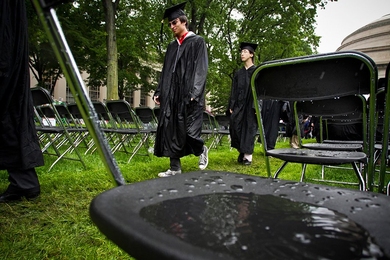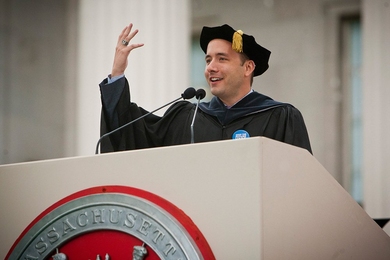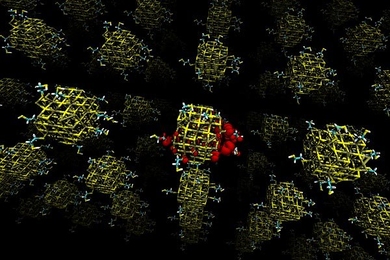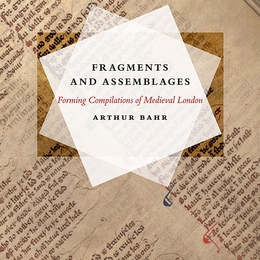Search Stories
How quickly can a bacterium grow?
Physicist finds that E. coli replicate close to thermodynamic limits of efficiency.
The gold standard for cell penetration
Gold nanoparticles with special coatings can deliver drugs or biosensors to a cell’s interior without damaging it.
Future of solar geoengineering far from settled
MIT event brings together geoengineering experts to debate the use of solar radiation management for preventing climate change.
A faster Internet — designed by computers?
Computer-designed algorithms for controlling network congestion yield transmission rates two to three times as high as those designed by humans.
Newly discovered flux in the Earth may solve missing-mantle mystery
Research points to large reservoirs of material deep in the mantle that may help to explain Earth’s origins.
Explained: Hydrophobic and hydrophilic
Better understanding of how surfaces attract or repel water could improve everything from power plants to ketchup bottles.
Podcasting 101: A guide to getting started
Podcasting, which faded in popularity with the rise of YouTube, is experiencing a second wave of interest.
Rain doesn’t dampen excitement of MIT’s 2013 Commencement
Dropbox CEO Drew Houston ’05 tells graduates: 'The people are the reason why there’s only one MIT.'
Drew Houston's Commencement address
'I stopped trying to make my life perfect, and instead tried to make it interesting.'
Why innovation thrives in cities
Double a city’s population and its economic productivity goes up 130 percent. MIT researchers think they know why.
Balance is key to making quantum-dot solar cells work
MIT team finds that the ratio of component atoms is vital to performance.
The strangely familiar browsing habits of 14th-century readers
MIT professor’s book digs into the eclectic, textually linked reading choices of people in medieval London.
